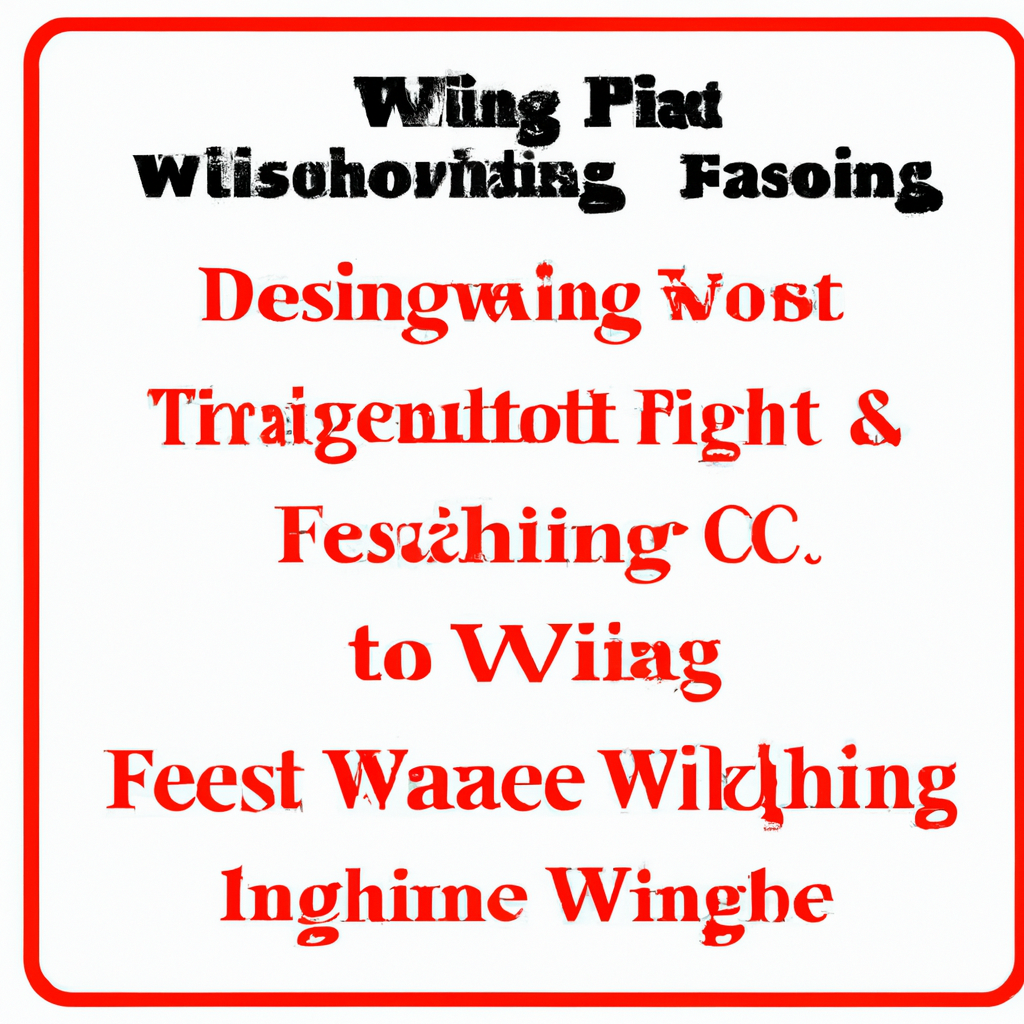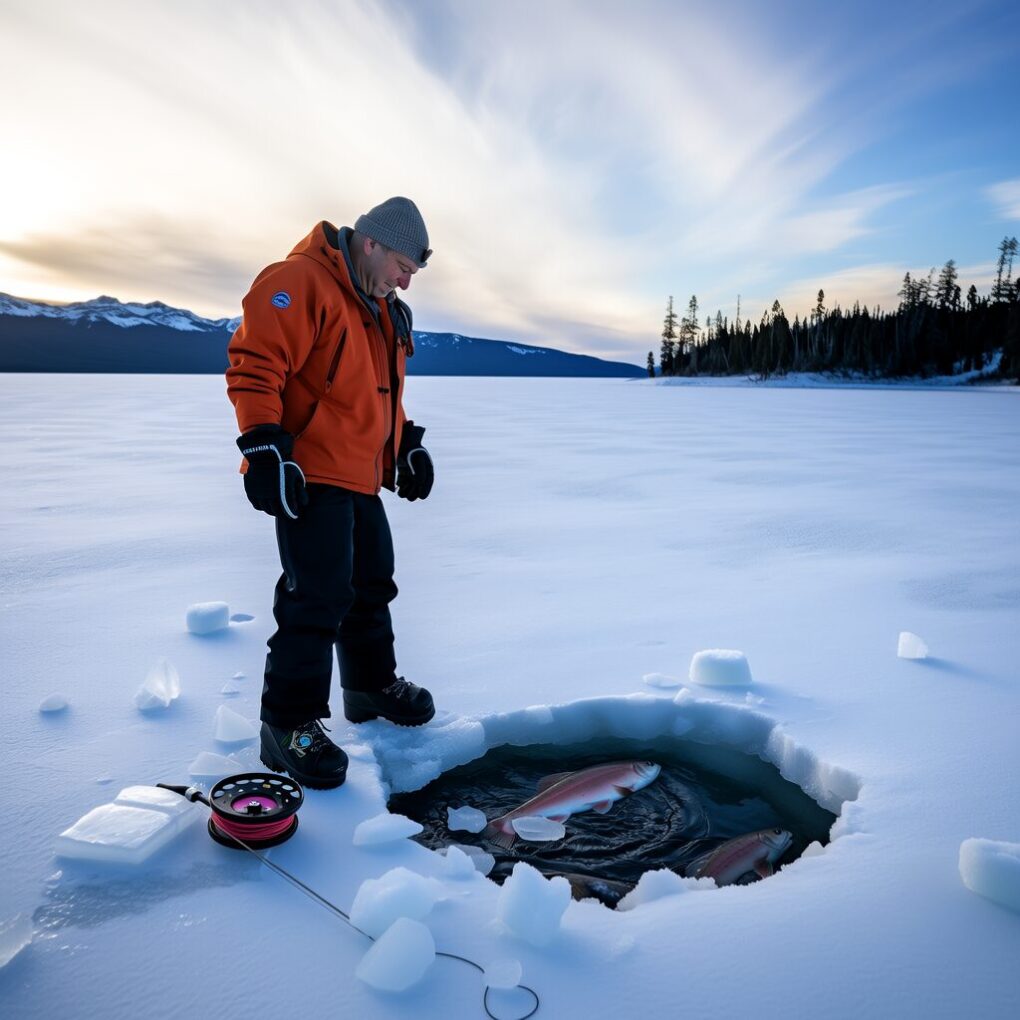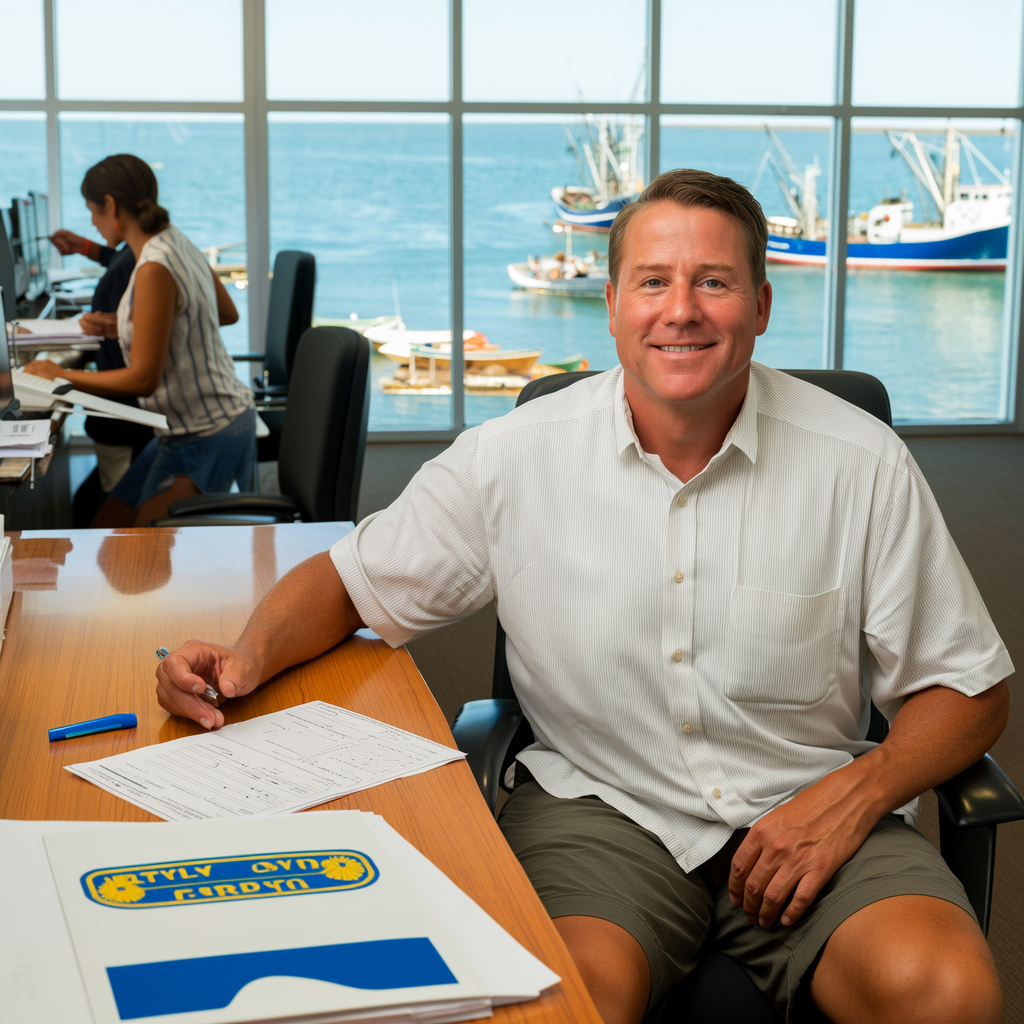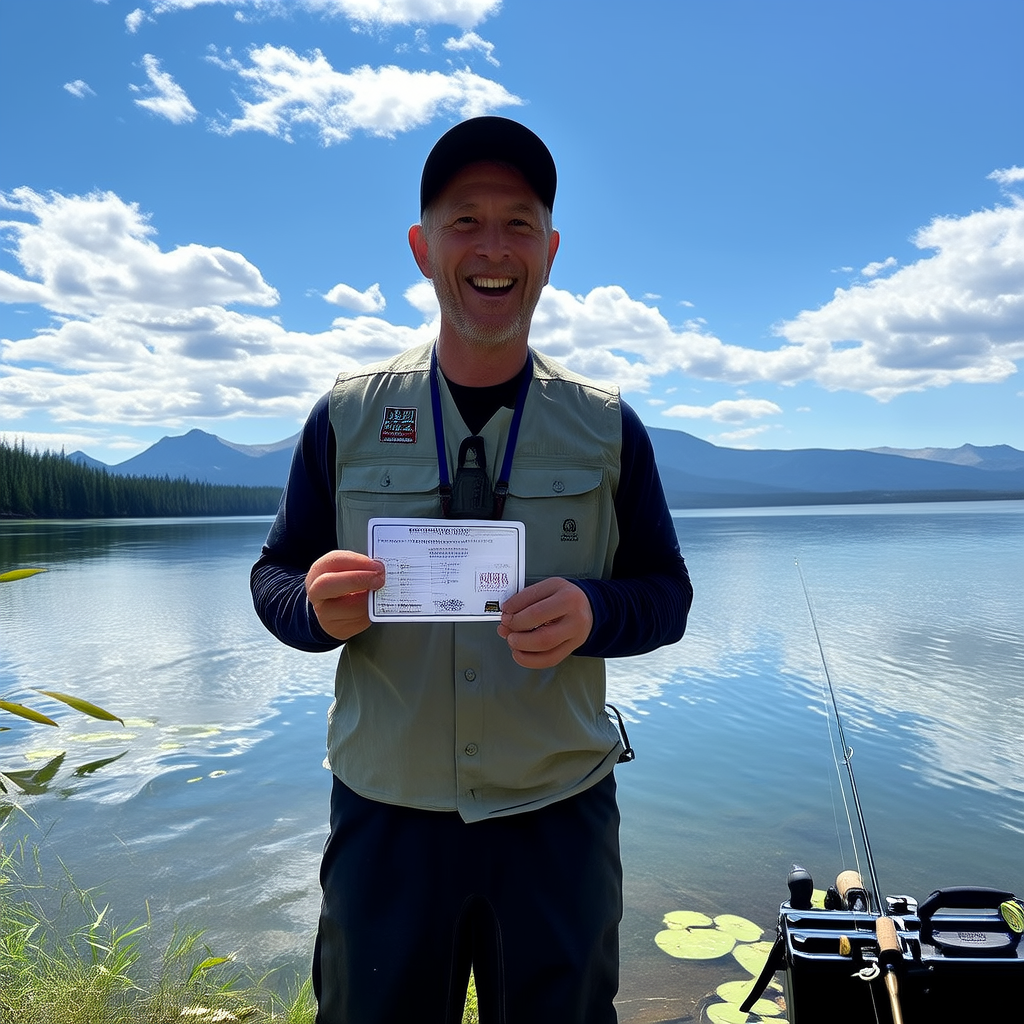Introduction
Welcome to our comprehensive guide for obtaining a fishing permit in Washington. Understanding and obtaining a license is essential for any angler, whether you are an experienced fisherman or a novice looking to explore the beautiful waters of Washington.
Why do I need a fishing license?
Washington Department of Fish and Wildlife has implemented a fishing license system to conserve fish species, protect habitats, and ensure sustainable practices. The Washington Department of Fish and Wildlife (WDFW) issues fishing licenses to monitor and manage fish stocks, set fishing seasons, and create regulations that promote ethical fishing.
Types of fishing licenses
1. Resident Fishing License
If you live in Washington and plan to fish the waters of Washington, you will require a Resident Fishing License. This license can be used for saltwater and freshwater fishing. It is available in different durations such as an annual, 14-day or single-day.
2. Non-Resident fishing license
Non-residents must also obtain a fishing permit before engaging in angling in Washington. Non-residents have the same options as residents, including annual, 14-day or single-day fishing licenses.
3. Youth Fishing License
The Youth Fishing License is designed for young anglers aged 15 or under. It allows them to fish under certain restrictions. This is a great way to introduce kids to the joys of fishing, while also teaching them about conservation.
How to obtain a fishing license
The process of obtaining a fishing permit in Washington is straightforward. You can choose from a variety of options:
1. Online Shopping
The WDFW website is the fastest and easiest way to get a fishing permit. The online licensing system of WDFW is easy to use and available 24/7. Visit their website, create an online account, and then follow the prompts to buy the desired fishing licence.
2. In-Person
If you would prefer to interact with a person, you can visit any of the authorized license vendors in the state. These vendors include sporting good stores, outdoor retailers and even some groceries. Find the nearest license vendor by visiting the WDFW site.
3. Phone
WDFW offers a telephone option for those who prefer a personal touch. You can complete the licensing process by calling their customer service helpline. When you call, be sure to have your payment information and identification ready.
Validity and Fees
The cost of a Washington fishing license varies based on factors like residency status, type of license, and duration. Before making a purchase, it is important to understand the fee structure. In general, the fees are used to fund conservation efforts, habitat improvement, and the stocking fish in the water bodies of the state.
A fishing license is valid for a year after the date of purchase, or for the specified duration, such as 14 days or single day licenses. To continue fishing legally, it is important to renew your license before the expiration date.
Washington Fishing Regulations
Be sure to familiarize yourself with Washington’s fishing regulations before you go out and enjoy the abundant fishing opportunities. These regulations include bag limits, size restrictions and catch-and-release guidelines. They also cover specific rules for each species of fish.
1. Bag Limits
Bag limits determine the number of fish that you can keep in a day or during a fishing trip. These limits can vary depending on the type of fish, location and even time. Check the regulations to ensure you don’t exceed the bag limit.
2. Size Restrictions
Washington has size restrictions on some fish species. This means that you can only keep those fish that fit within a specific range. This rule allows juvenile fish to grow and reproduce prior to being harvested.
3. Catch-and Release Guidelines
The catch-and-release policy encourages anglers to return certain fish unharmed back into the water. This helps conserve fish populations. To minimize stress or injury, it is important to handle the fish with care when releasing them.
4. Endangered Species
Washington is home to a variety of endangered or threatened species of fish. To avoid accidentally affecting their populations, it is important to educate yourself on these species. WDFW offers resources and guidelines for anglers to protect these delicate species.
Frequently Asked Questions
1. Can I fish in Washington without a fishing license?
Washington requires a valid fishing permit in most cases. There are some exceptions to this rule, such as on free fishing days. Check the regulations before fishing.
2. Can I use my Washington fishing licence in other states?
Washington fishing licenses are not valid in most other states. Each state has its unique fishing license requirements. If you plan on fishing outside Washington, make sure to get the appropriate fishing license.
3. What are the effects of fishing without a licence?
Washington has a strict law against fishing without a permit. You can be fined, penalized, or even charged with felony charges if you do. The WDFW, along with law enforcement agencies, enforces fishing regulations regularly to ensure the sustainability and health of Washington’s fish population.
4. Can I fish both in freshwater and saltwater using the same license?
It depends on what type of license you have. Some licenses allow you to fish in both saltwater and freshwater, while other licenses are specific for either environment. Before you head out to your fishing destination, make sure you read the license details.
In conclusion
A fishing license is a necessity for every angler in Washington. By following the regulations and observing the bag limits and size restrictions you can help conserve fish populations and preserve Washington’s aquatic ecosystems. Grab your fishing gear and the appropriate fishing license to embark on an unforgettable angling experience in Washington’s stunning waters!




